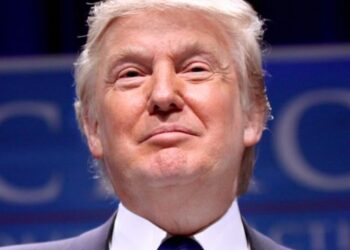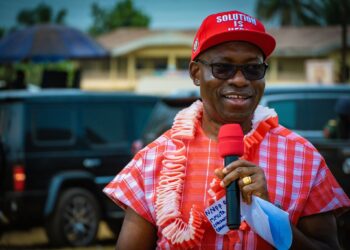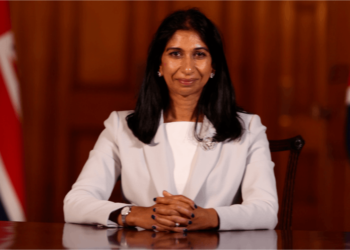The curtain has officially closed on another Cameroon presidential election, but the drama is far from over. As votes are tallied, the overwhelming global consensus isn’t one of democratic celebration, but of weary resignation.
Paul Biya, at an incredible 92 years old, is virtually guaranteed to extend his already astounding 43-year reign, a grip on power that defines not just a country, but an entire generation. This election is less a measure of the people’s will and more a testament to the suffocating efficiency of an entrenched system.
The official rhetoric of “hitch-free” polls, peddled by Interior Minister Paul Atanga Nji, rings hollow against a backdrop of opposition suppression, armed conflict, and profound institutional bias.

Institutional Barriers to Fair Elections in Cameroon
The reality on the ground, especially for those in opposition and the vast majority of the young population yearning for political change in Cameroon, speaks to a heavily compromised process. The swift, questionable disqualification of 71-year-old Maurice Kamto, widely seen as the strongest challenger, by the Constitutional Council in August was a familiar, maneuver.
This decision, ostensibly based on procedural grounds (specifically a contentious interpretation of electoral law regarding party sponsorship) demonstrates the ruling party’s iron-clad control over institutions supposedly built to safeguard democracy.
This control extends to the very body responsible for declaring the final results. Analysts have repeatedly pointed out that the majority of the Constitutional Council’s members have ties to Biya’s ruling party, the Cameroon People’s Democratic Movement (CPDM), essentially guaranteeing a rubber-stamp of the incumbent’s victory. When the referee is appointed by one of the players, the game is inherently fixed.
The opposition remains fragmented, a condition that the decades-long Biya regime has expertly fostered. Even the strong stance taken by former Biya ally, Issa Tchiroma Bakary, whose supporters clashed with security forces in his stronghold of Garoua, only highlights the volatile tension that simmers beneath the surface of the government’s placid reports.
The Interior Minister’s threats against anyone publishing “results ahead of the official declaration” is less a defense of the law and more a clear warning against any independent count that might expose the widely perceived electoral engineering. This is the hallmark of a regime that prioritizes power longevity over electoral transparency.
Why it Matters
The deeply unsettling truth of this election is that a significant portion of the electorate could not, or dared not, participate freely. The violence and ongoing Anglophone crisis in the North-West and South-West regions have led to separatist calls for a boycott, with many citizens staying away from the polls out of fear of reprisals from armed groups or a heavy-handed military response.
The national narrative of a smooth process willfully ignores the profound alienation and disenfranchisement of these citizens, a critical 15 percent of voters who are effectively marginalized from the democratic exercise.
Furthermore, the rising threat of the Boko Haram insurgency in the Far North adds another layer of security-based disenfranchisement, compounded by infrastructure issues like flooding that hinder access to polling stations.

















